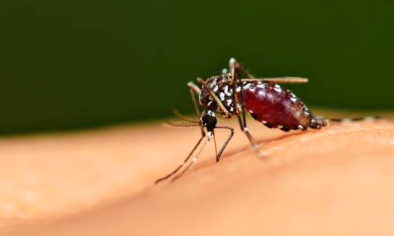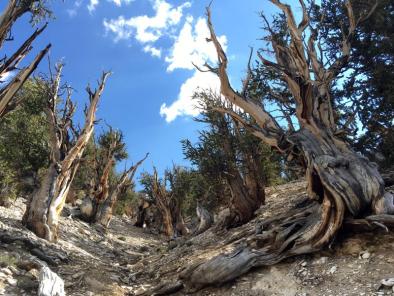Iceland reaps riches from warming oceans as fish swim north
With their shimmering silver bellies and iridescent blue backs, mackerel are striking fish. Sushi aficionados savor their clean, salty taste while superfood advocates prize their healthy omega-3 oils.
For the tiny North Atlantic nation of Iceland, however, mackerel are a harbinger of ocean warming.
Until about 2000, mackerel were a rare sight in Iceland, an island whose people have survived for centuries by fishing. But today they are one of the country’s most commercially important fish, both in terms of value and volume.
In 2016, mackerel was the third largest catch for Iceland and its third-most-valuable fish, bringing in $103 million or 8 percent of the nation’s total catch value.
“This mackerel story is maybe one of the most marked ones... demonstrating the changes taking place in the fish stock in the North Atlantic in recent years,” said Ólafur S. Ástþórsson, a scientist at Reykjavik’s Marine and Freshwater Research Institute (MFRI), which advises the Icelandic government on catch levels.
Rising ocean temperatures have altered fish stocks around Iceland, with southern species migrating northwards and northern species shifting even further north, he told the Thomson Reuters Foundation.
Iceland has also seen 31 new species of fish in its waters since 1996, including blue sharks, flounder, megrims and black devil anglerfish, Ástþórsson said. Their numbers are not large, but “they are signs of changing times”, he added.
SWIMMING NORTH
As climate change brings warmer temperatures in many parts of the world, a growing number of fish species are swimming into new waters, seeking out the temperatures they prefer and shifting fisheries along with them.
Some of the biggest changes have come in Arctic marine ecosystems, which scientists say are warming twice as fast as the global average and creating dramatic changes in fish stocks.
Countries in the far north, such as Iceland, are expected to reap the benefits of climate change, as valuable fish species turn up waters that were previously too cold.
But some experts warn that the picture isn’t clear cut. Warming waters could also bring new predators and diseases - and potentially new geopolitical tensions, they say.
Related Content




